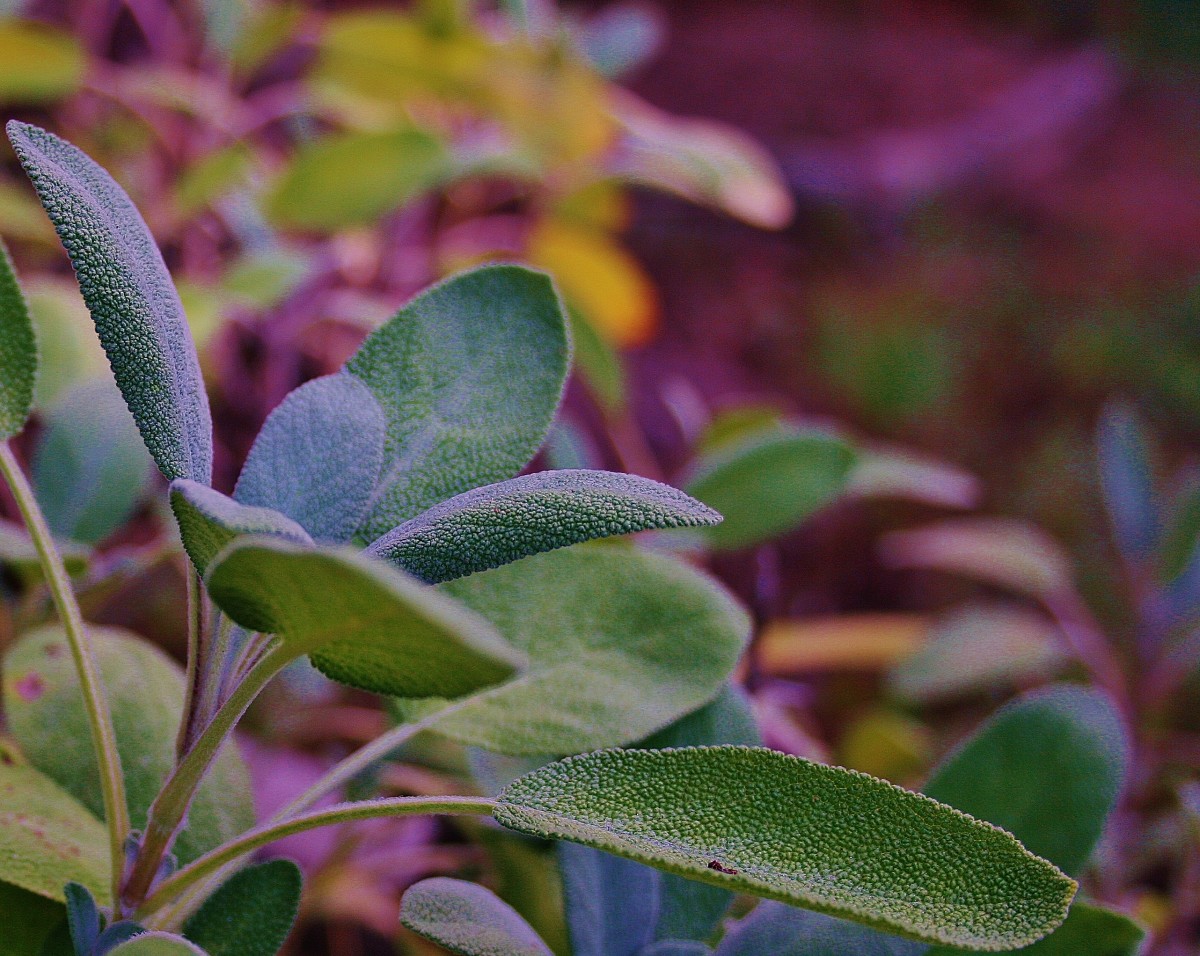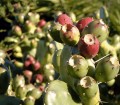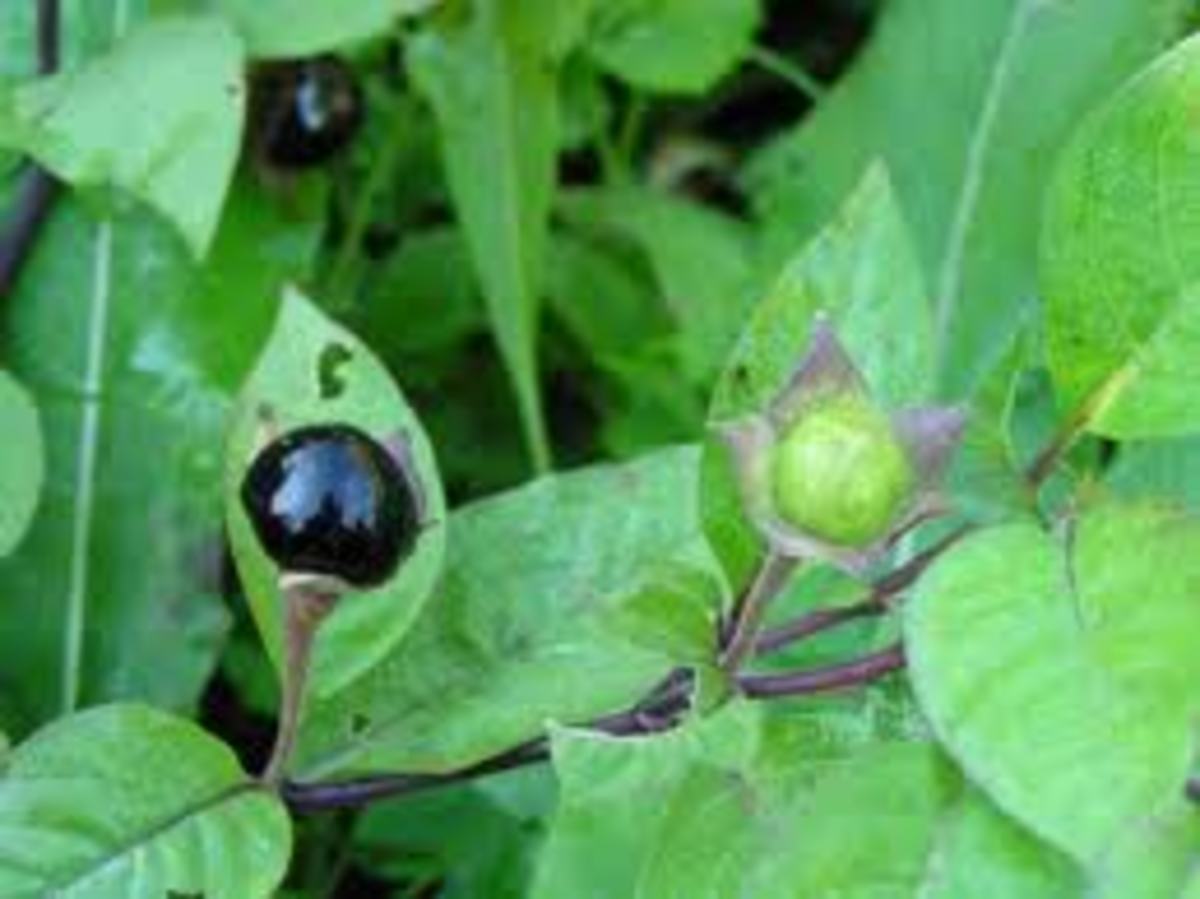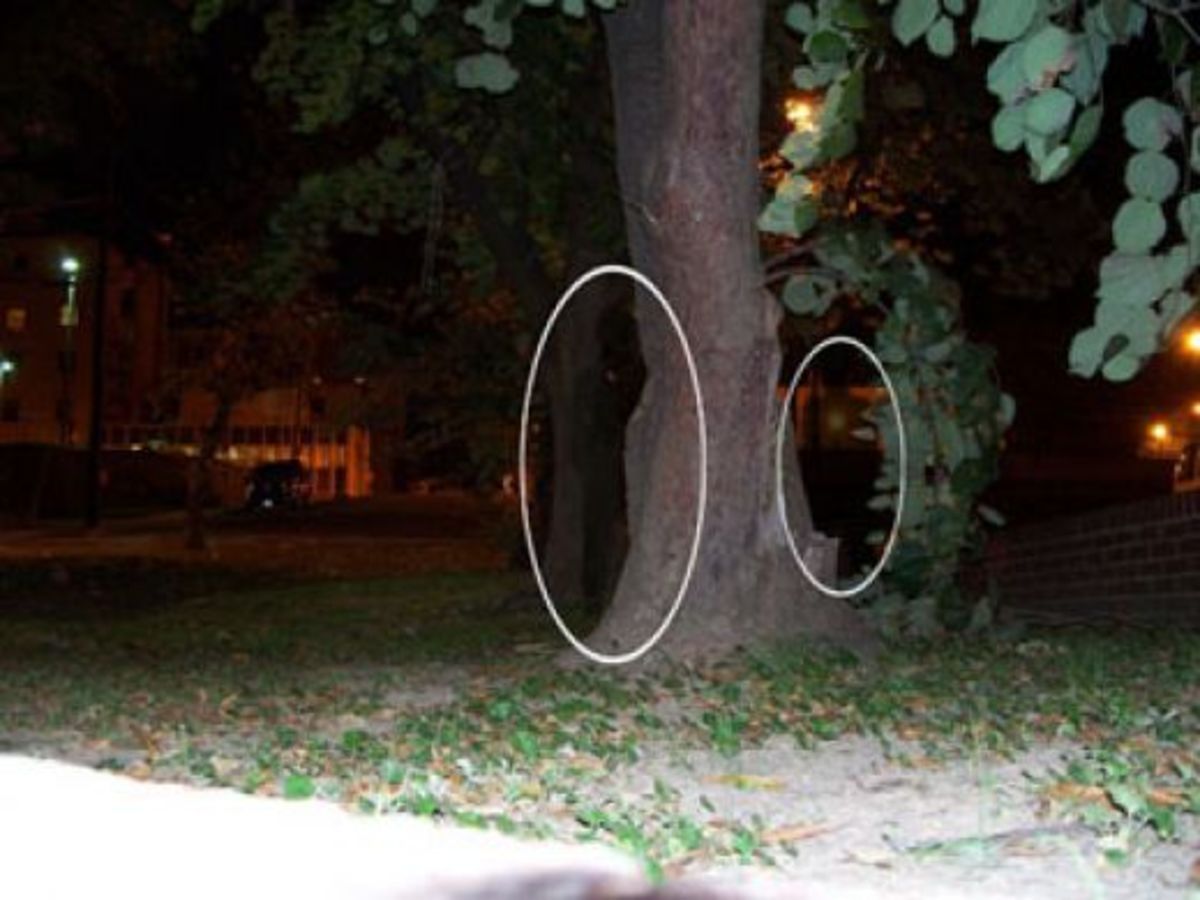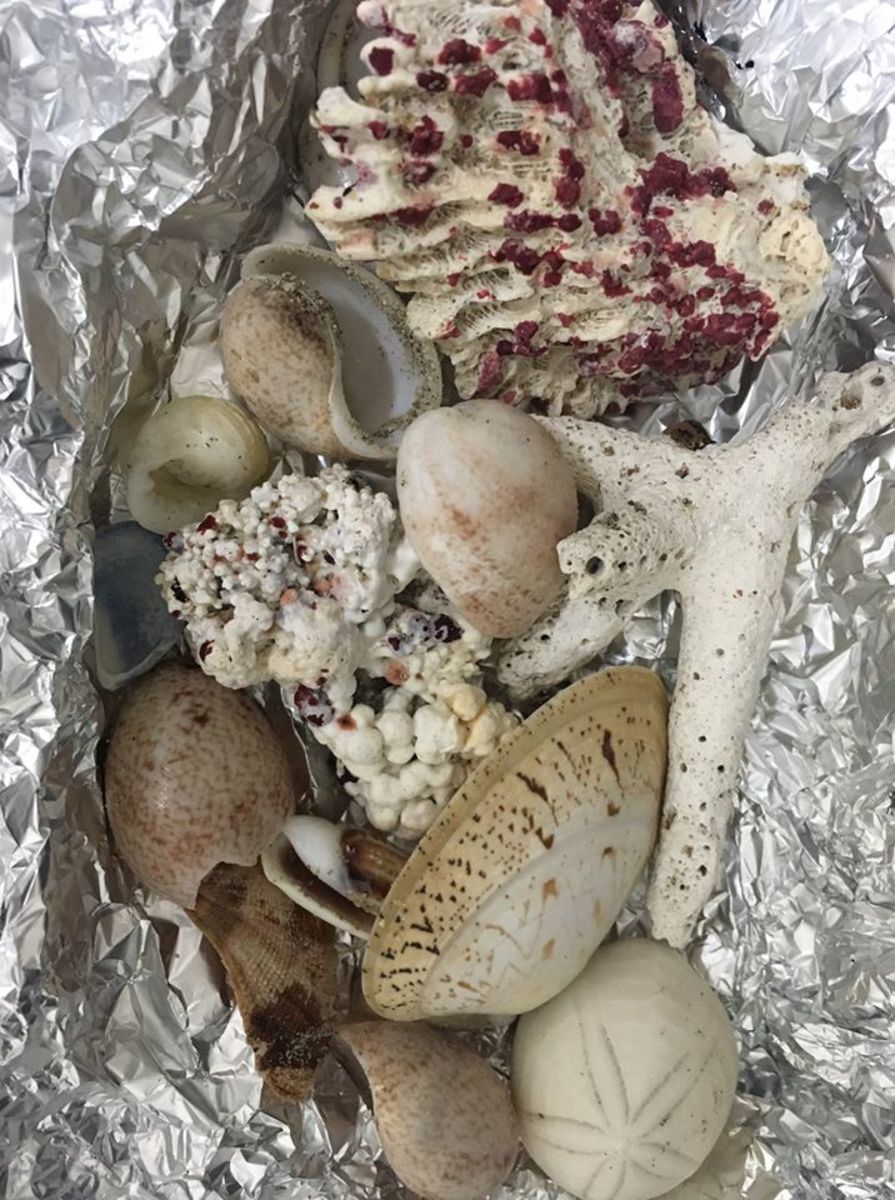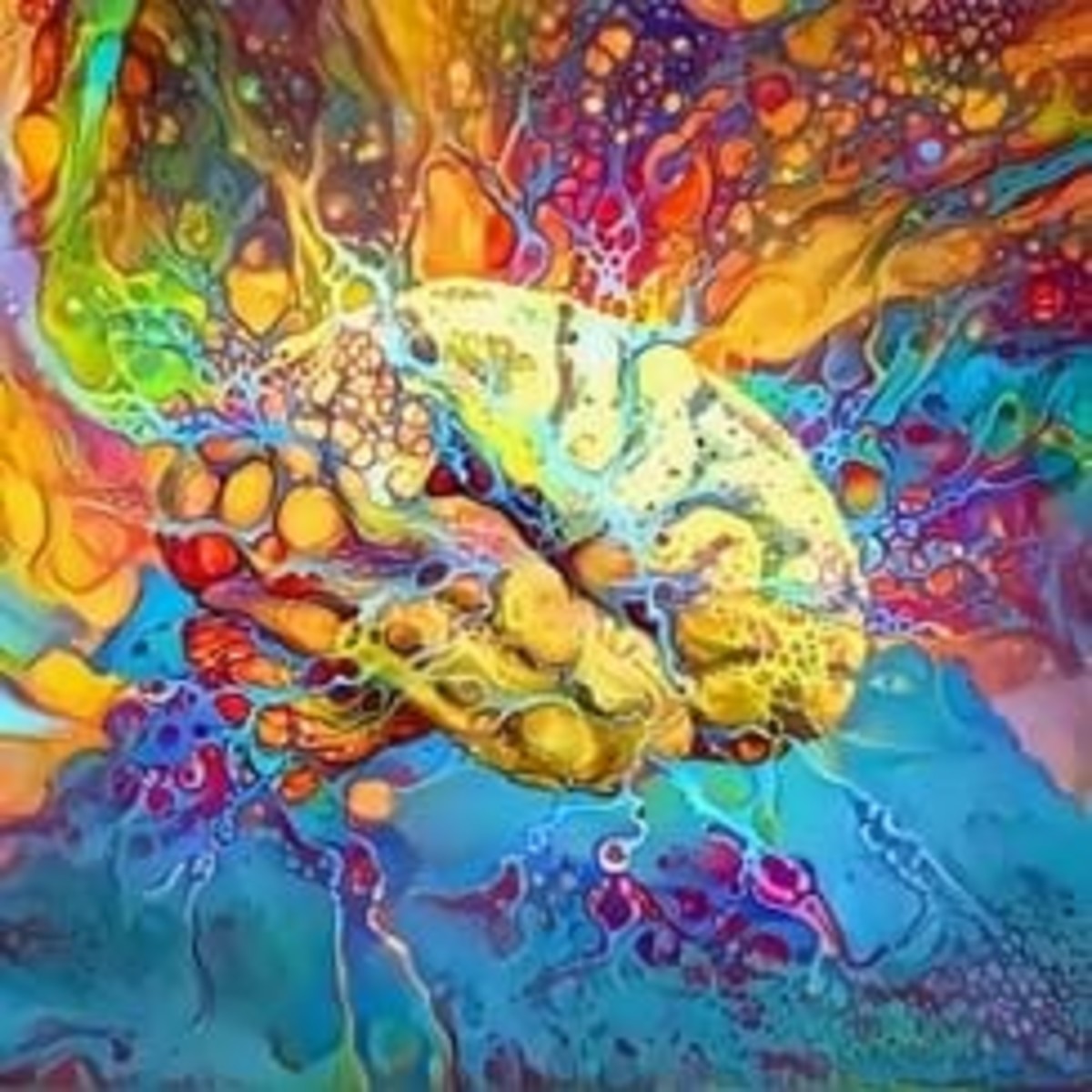Ancient Uses for Salvia
Salvia divinorum is an herb that is also commonly referred to as “Diviner’s Sage” because of its use in many ancient and traditional native rituals. Salvia is native to parts of northern Mexico, and can also be found in some parts of the southwestern United States. The low-growing plant can be found in black soils near creek beds, and grows best under lots of shade.
Salvia is known for its psychoactive properties, and the leaves of the plant contain and active chemical compound known as Salvinorin A. The hallucinogenic effects of the plant have become a modern phenomenon, but were also known to many ancient tribes. The Aztecs are perhaps the most notable group of people that used salvia in religious ceremonies and rituals. The leaves of the plant were mashed up and combined with water to create a “tea.” The mixture was then ingested, and the user would experience a brief spell of both auditory and visual hallucinations.
It has been discovered that the effects of salvia are often minimal when ingested, since gastrointestinal acids can erode Salvinorin A in the leaves of salvia. Because of this, the use of salvia among the Aztecs is not widely understood. There is some speculation that the herb may not have actually been used as a psychedelic, but rather as medicine to treat a number of common conditions. Salvia, in low doses, does offer some medicinal benefits for bloating, diarrhea, anemia, and frequent headaches. Ingesting the leaves of the plant diminished the psychoactive properties, but may still be beneficial for health concerns.
Later, a number of other tribes in the southern portion of what is now the United States reportedly also used salvia in some religious ceremonies and rituals. Shamans and medicine men offered the leaves of the plant to members of the community during certain practices. The leaves were smoked, often leading to short-term hallucinations and a feeling which was later reported as “feeling closer to the universe.” While salvia was used by a number of tribes in the region, it was not the most widely used herb by most medicine men and native healers.
Today, the use of salvia among teens and many young adults has become a subject of controversy. Although salvia has reportedly been used as a a drug for several centuries, a number of parents and legislators are concerned that young people may be abusing the drug. Even with the potential for abuse, no long-term effects of salvia have been noted. Some medical professionals suggest that frequent salvia use can lead to depression in some people. Other urge that the effects of salvia should be studied further.
- Safety Precautions When Using Salvia
The use of salvia divinorum as a hallucinogen is rapidly increasing among teens and young adults around the world. Salvia is a naturally-occurring plant that contains one of the most potent psychoactive... - Salvia Extract
Salvia extract is the most common form sold and consumed by those who use the plant as a drug. The extract is derived from the plants oils, which are found in the leaves. The practice of using salvia...

